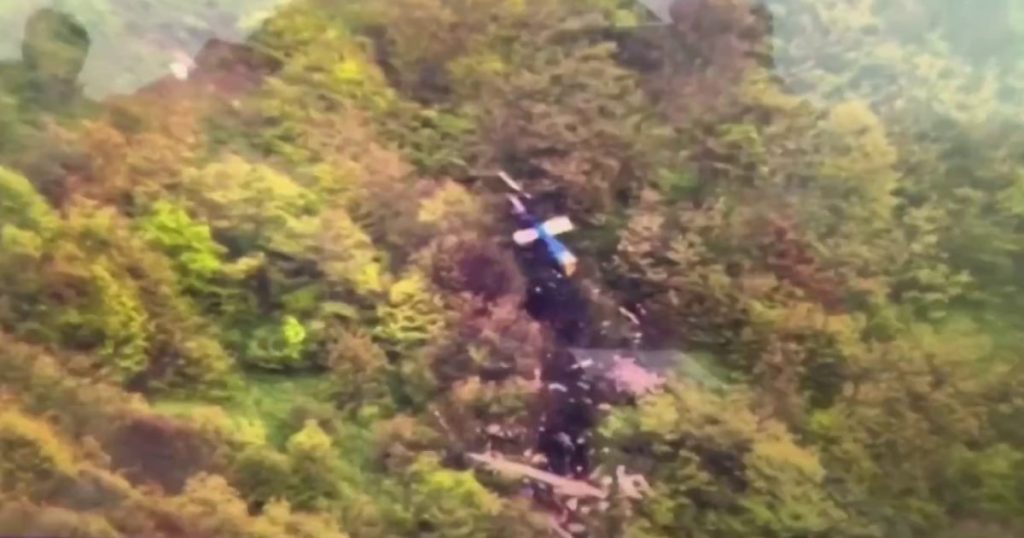Iranian President Ebrahim Raisi, a hardliner long considered a potential successor to Supreme Leader Ayatollah Ali Khamenei, was tragically killed in a helicopter crash near the Azerbaijan border. The incident was reported by state media on Monday, sparking shock and mourning across Iran and beyond. Raisi’s death has raised concerns about the potential implications for Iran’s political stability and the future of the country’s leadership. The circumstances surrounding the crash remain unclear, with authorities stating that there is no evidence of foul play at this time.
Following news of Raisi’s death, Hamas was among the first to express their condolences and solidarity with the Iranian people. There are fears that the vacuum left by Raisi’s passing could lead to a power struggle within Iran, potentially paving the way for a rise in influence for the Revolutionary Guard. The search for the president’s remains and the details of the crash are still ongoing, with conflicting reports and speculation swirling around the incident. The loss of Raisi represents a significant blow to the Iranian government and may have broader repercussions on regional politics and security.
In the wake of Raisi’s death, group prayers and vigils have been held in Tehran to mourn the late president and show support for his family and associates. The tragic helicopter crash that claimed Raisi’s life has left many in shock and disbelief, as he was a prominent figure in Iranian politics and was widely viewed as a potential future leader of the country. The circumstances of the crash, including the cause and security measures in place, are under scrutiny as authorities work to piece together the events leading up to the tragedy.
The impact of Raisi’s death extends beyond Iran, with neighboring countries and the international community closely monitoring the situation. The uncertainty surrounding Iran’s leadership and the potential power vacuum created by Raisi’s passing have raised concerns about stability in the region. The response from foreign governments and organizations has been somber, with many expressing condolences and emphasizing the need for a peaceful transition of power in Iran. The loss of Raisi has created a void in Iran’s political landscape, leaving many to question what the future holds for the country and its relations with the outside world.
As investigations continue into the helicopter crash that claimed Raisi’s life, there is a growing call for transparency and accountability in determining the cause of the incident. With conflicting reports and speculation circulating about the circumstances surrounding the crash, authorities are under pressure to provide clarity and ensure that a thorough investigation is conducted. The findings of the investigation will be crucial in understanding the events leading up to Raisi’s death and addressing any security concerns that may arise from the incident.
The passing of President Raisi has sent shockwaves through Iran and the international community, prompting reflection on his legacy and the future of the country. Raisi’s death has left a void in Iran’s political landscape and raised questions about the direction of the country’s leadership. As Iran grapples with the aftermath of the tragic helicopter crash, there is a renewed sense of uncertainty and concern about the road ahead. The impact of Raisi’s passing will be felt for years to come, as Iran navigates the challenges of succession and political transition in the wake of his untimely death.


